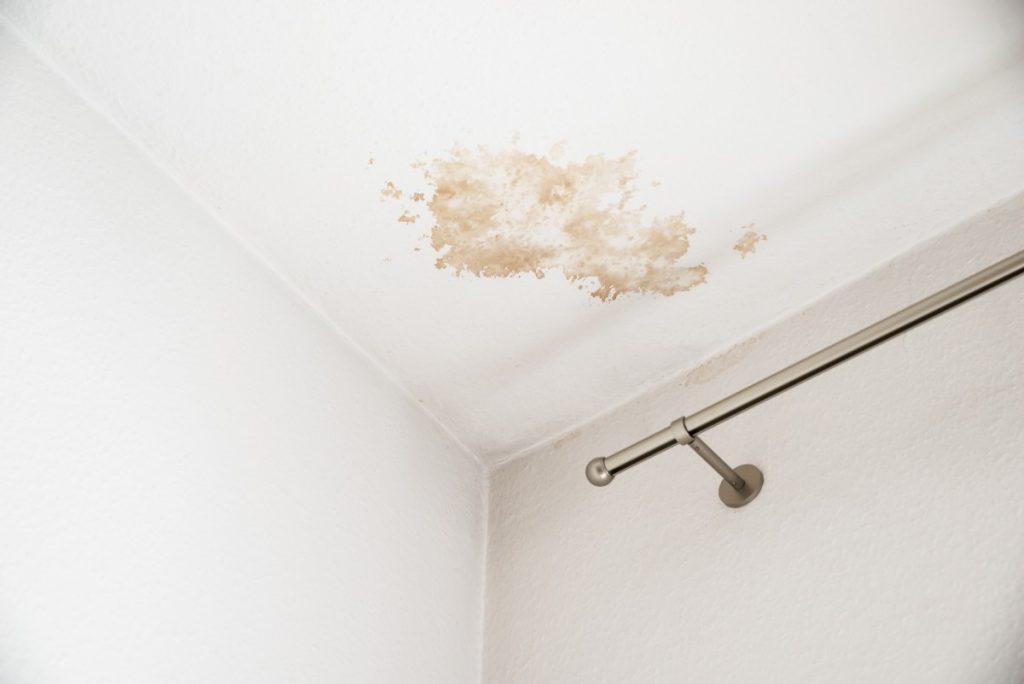Any untold secrets of a home is hidden water damage which may silently devastate the home long before stains or distorted materials expose the situation. Although most homeowners use sight when seeking out leaks, the sense of smell may find a way to sniff out the problem before it does.
Some smells can be red flag warnings to the presence of moisture issues behind the walls, under floors, or crawl space. These smells should be identified early before incurring thousands of dollars on repairs and even damaging the whole structure.
The Smell of Mustiness
One of the ultimate indicators of concealed water damage is a musty odour. This smell tends to give an impression that water may have been stagnating in one area and may lead to a scenario in which mould and mildew may flourish.
Mustiness should never be disregarded even when the cause is small, e.g. drip at a slow pipe. In the course of time, mold spores may spread all over the house affecting not only structural integrity, but also air quality.
Here is the tricky part of a musty smell because it tends to travel. Leakage in a corner of the basement might manifest itself in one of the upper-story closets because of air movement patterns in the house.
This is why applying such technology as water monitoring, including FloLogic systems, may contribute to identifying the presence of leaks before they may result in bigger moisture issues leading to such odors. The musty smell must initiate either investigation or at least deodorizing should be undertaken.
The Smell of Rotting Wood
Decaying timber has a definite disagreeable smell, which can be said to be earthy but sour. One can experience this odor when there are wooden framing floors, or beams that have been affected by water and started to rot away. The source of water is often concealed by a broken roof, plumbing fitting, or condensation in a wall cavity, in many situations.
Once the wood starts rotting, its strength is lost, and this presents a hazardous situation in areas of the house that supports the weight. This odor can be concentrated most in attics, crawl spaces or basements but is also able to persist in living areas should air circulation be pulling it inside.
Rotting wood is among the problems that should be tackled and the way to go about it is to contain the leak, then replace the affected materials to prevent propagation.
The Smell of Stagnant Water
Foul odors like sticky swamp water or damp clothes left to dry many days have been said to describe stagnation. This smell might appear when the water collects in some places where it is not visible like under a dishwasher or a drip pan in HVAC or a bathroom floor.
In other situations, stagnant water may be due to poor drainage around and out of the house where the water can gather close to the foundation and leak inside.
There is a need to point out that stagnant water smell can also be attributed to outdoor structures. To provide an example, when the kayak launch dock is not perfectly maintained, water can become trapped in the materials used to build the dock or in the wood and eventually emitted the same smell.
More seriously, however, in a home trapped water is more of an immediate need since bacteria can multiply very quickly, and molds can grow.
The Smell of Damp Carpeting
The unpleasant smell of carpeting that is wet cannot be hidden easily. This odor tends to arise whenever there has been a leak upwards, e.g. a ceiling water pipe leaking or spillage that has not been dried completely. Hiding beneath carpeting and padding moisture is the likely cause of wall-to-wall mold that gives off this garlic finger smell.
Due to its porous nature, the odor may stick during weeks after the dry out of the obvious moisture on the carpet. In case this odor is noticed even after cleaning, then the source of leak must be located and corrected. Most of the time, the smell can only be eliminated by the complete replacement of the carpet and its pad.
Smells are powerful early warnings of hidden water damage. Mustiness, rotten wood, stagnant water, wet carpet–all have their tales to tell of moisture in places where it does not belong.
Through rapid reaction to such aromas and leak detecting equipment, home owners will be able to solve minor issues before they escalate to large costly fixes. It is not only the matter of being comfortable to pay attention to odors, but it is about safeguarding the house and its worth.





